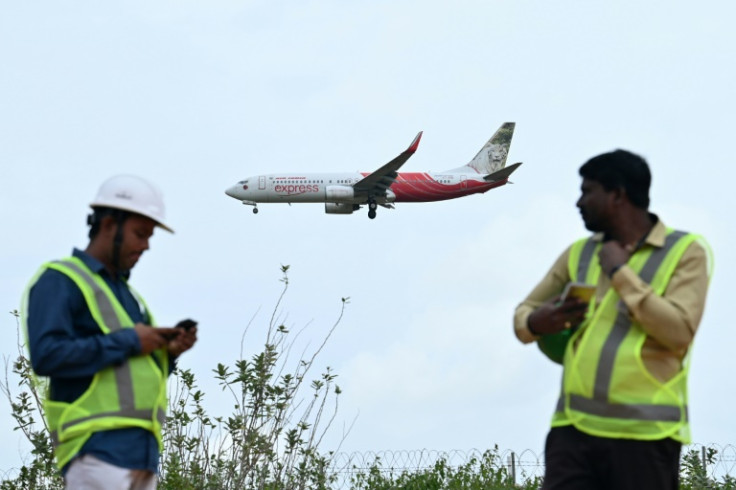Who Owns Air India? Tata Group Accused of Letting Airline Standards Slip for Years

Amidst the onslaught of the recent Air India Flight 171 tragedy, many people are turning their heads not only to the airline but also to its current owner–national conglomerate Tata Group. The airline, which was bought by Tata Group in 2022, faces continued scrutiny amidst a continued decline in its standards, which range from outdated aeroplane facilities to frequent flight delays.
How Tata Group Is Currently Responding
In a post on Tata Group's official X (Twitter) account, Air India Chairman N. Chandrasekaran has stated that they are offering their thoughts and deepest condolences to the families affected by this tragedy.
With profound sorrow I confirm that Air India Flight 171 operating Ahmedabad London Gatwick was involved in a tragic accident today. Our thoughts and deepest condolences are with the families and loved ones of all those affected by this devastating event.
— Tata Group (@TataCompanies) June 12, 2025
At this moment, our…
'Currently, our primary focus is supporting all the affected people and their families. We are doing everything in our power to assist the site's emergency response teams and provide all necessary support and care to those impacted,' the Chairman said.
He also added that further updates will be shared as soon as they receive more verified information, that an emergency centre has been activated, and that a support team has been set up for the affected families.
Air India Flight 171 was supposed to fly to London Gatwick from Ahmedabad when it crashed minutes after take-off. The airline carried 242 passengers and crew members, with 30 confirmed recovered bodies from the crash site. Moreover, the aeroplane crashed into a building where doctors working in local hospitals were living.
How Air India Ended Up With Tata Group
It is worth noting that Air India's origins can be traced back to Tata Group's former Chairman, J. R. D. Tata, who founded the airline as Tata Airlines. The airline was primarily used for air mail. After the Second World War, the newly formed Indian government consolidated the airline as Air India.
Despite the Indian government's efforts to keep Air India's operations, the airline has suffered significant losses. The airline had been incurring losses since its 2007 merger with the state-owned domestic carrier Indian Airlines. It continued to operate primarily through government-funded bailouts.
According to the government, the airline lost almost $2.6 million (£1.91 million) daily.
In 2022, the Indian government, led by Prime Minister Narendra Modi, sold Air India to Tata Group for approximately $2.4 billion (£1.7 billion) after the government eased the debt conditions to make the deal more attractive for the buyer.
This transfer marks the conclusion of a years-long effort to privatise the airline, which had accumulated losses totalling $9.5 billion (£6.98 billion).
What Happened to the Post-Government Sale?
Following Air India's sale to the Tata Group in 2022, the company consolidated its aviation businesses to streamline operations and boost efficiency. Key mergers include the integration of Vistara with Air India and Air India Express with AirAsia India.
These moves aimed to unify operations under two primary brands: Air India for full-service and Air India Express for low-cost travel. The mergers have helped reduce redundancies, optimise fleet usage, and improve route connectivity.
Additionally, investments in new aircraft, digital systems, and service upgrades have enhanced customer experience and operational reliability.
Has The Service Improved?
Air India has encountered significant turmoil since its 2022 acquisition by the Tata Group, grappling with labour unrest, operational disruptions, and infrastructure constraints. Mergers with Vistara and Air India Express triggered mass 'sick leave' protests by pilots and cabin crew over revised pay, roster fatigue, and unequal treatment—leading to dozens of cancelled flights and regulatory interventions.
Labour unions warned that intense workloads and pay cuts undermined safety and morale. On-time performance also slipped, especially on long-haul routes, due to engineering delays, unavailability of spare parts, and crew shortages.
Additionally, global supply chain issues have delayed new aircraft deliveries, forcing the airline to keep ageing jets in service longer and increasing maintenance costs. Despite these setbacks, the situation remains under close regulatory and operational scrutiny–even amidst the airline's latest incident.
© Copyright IBTimes 2025. All rights reserved.





















